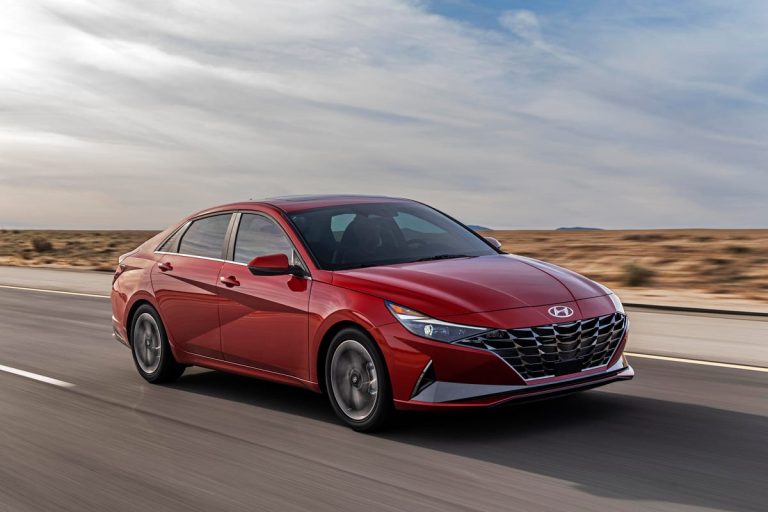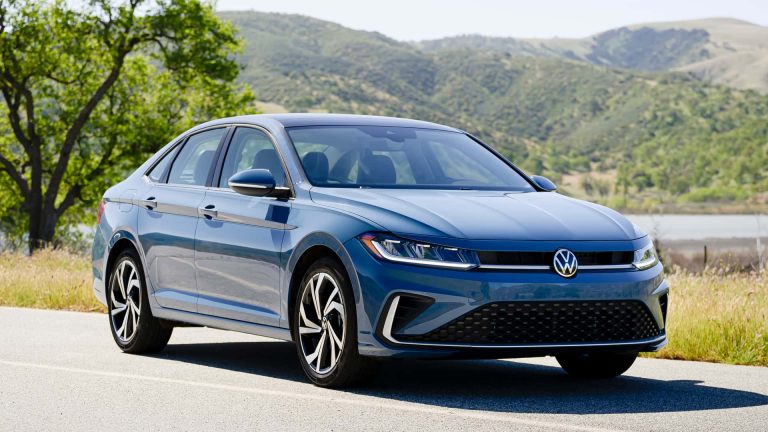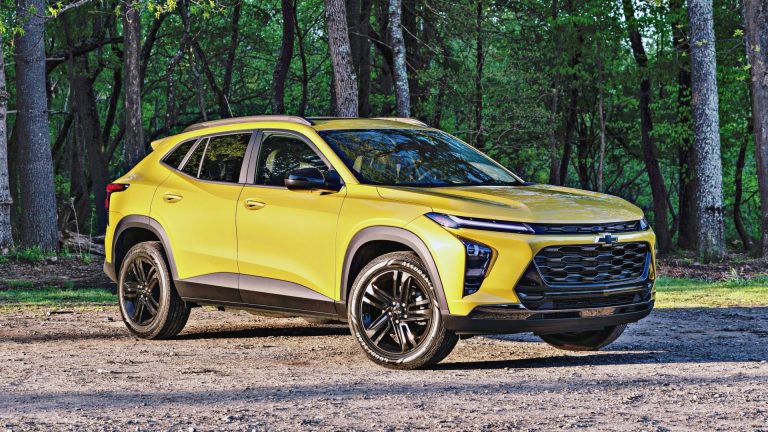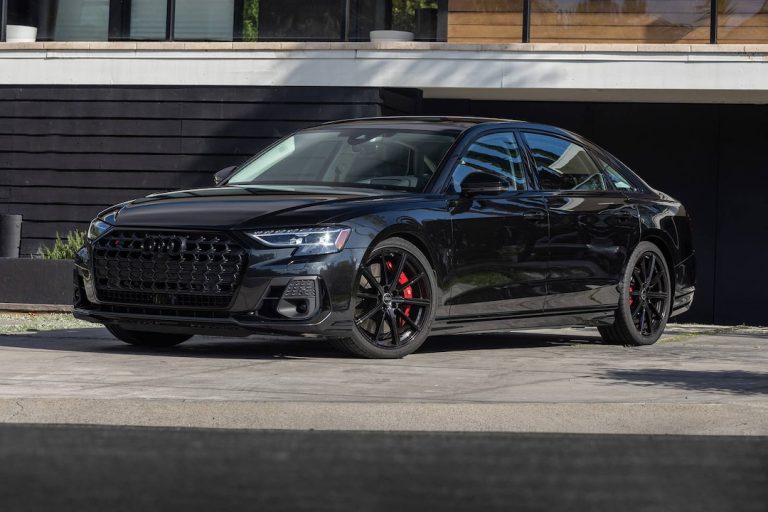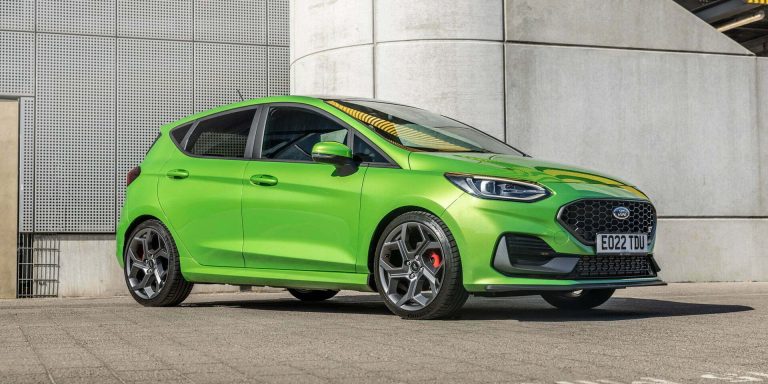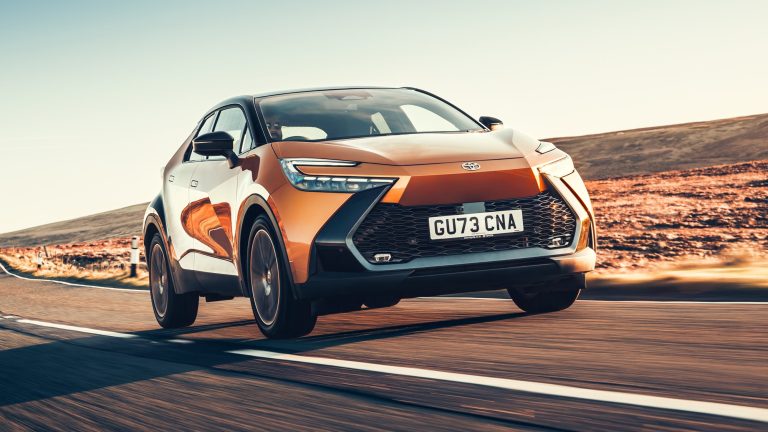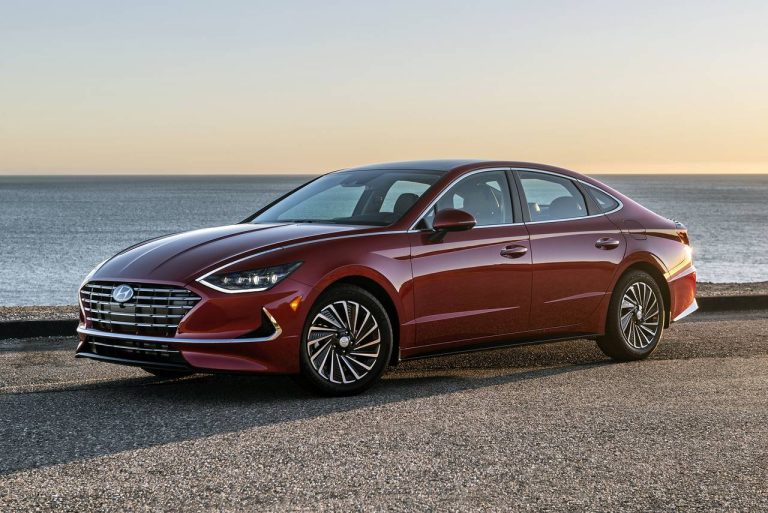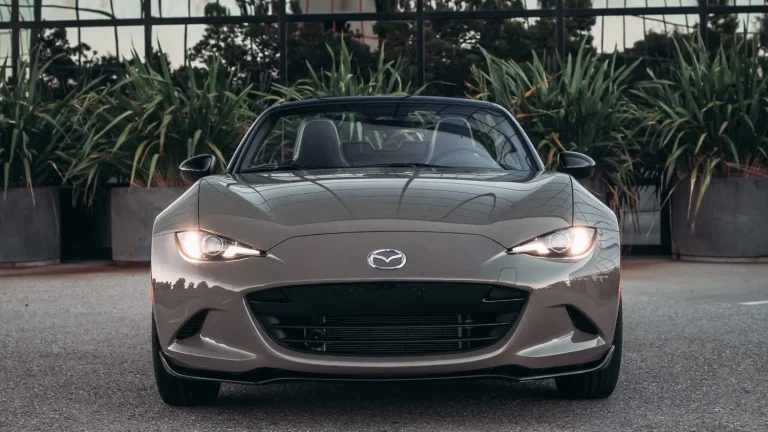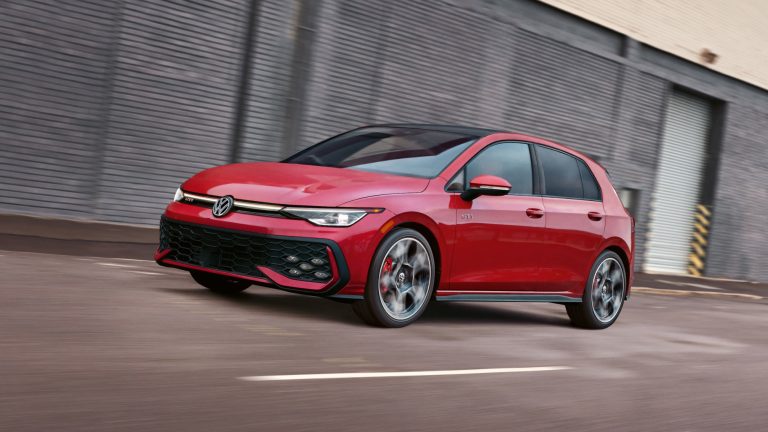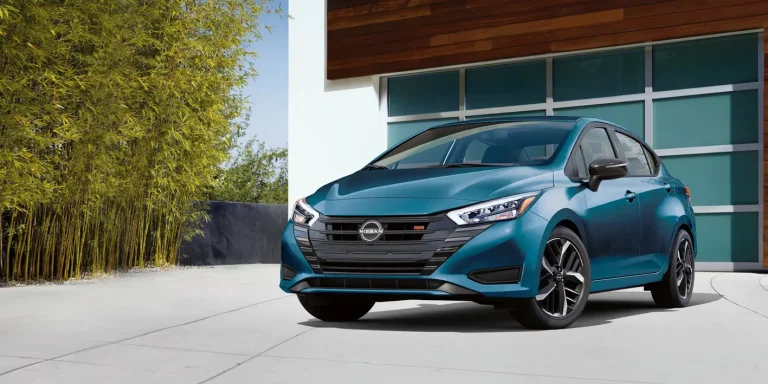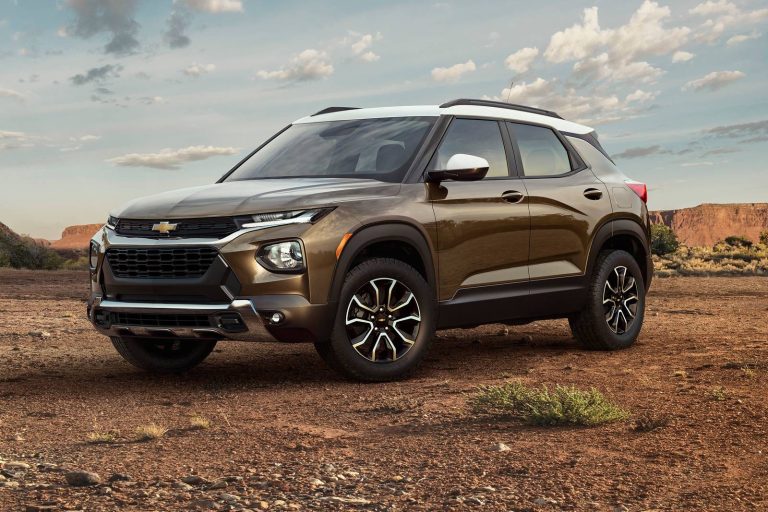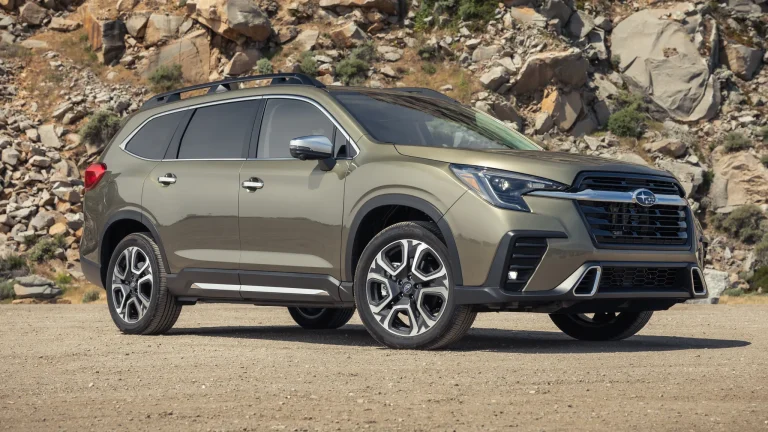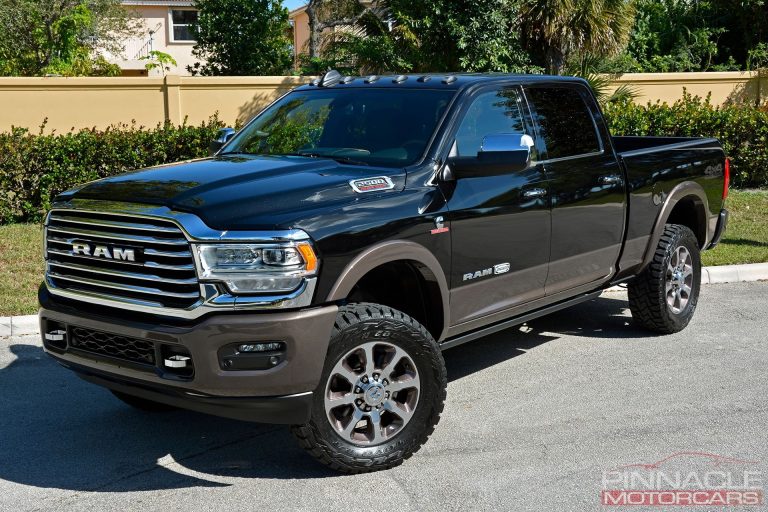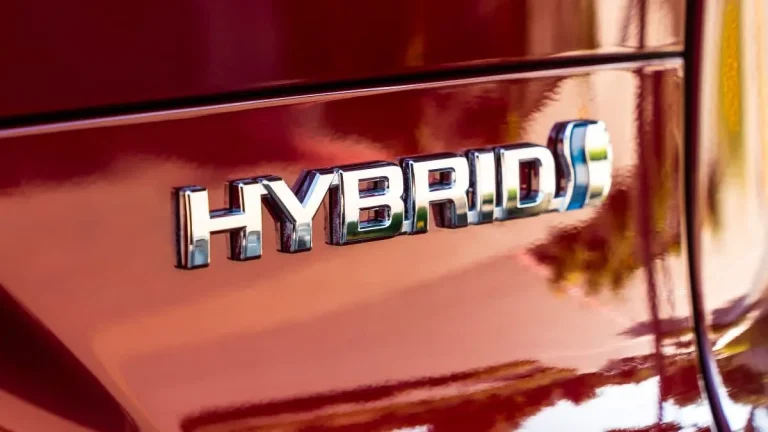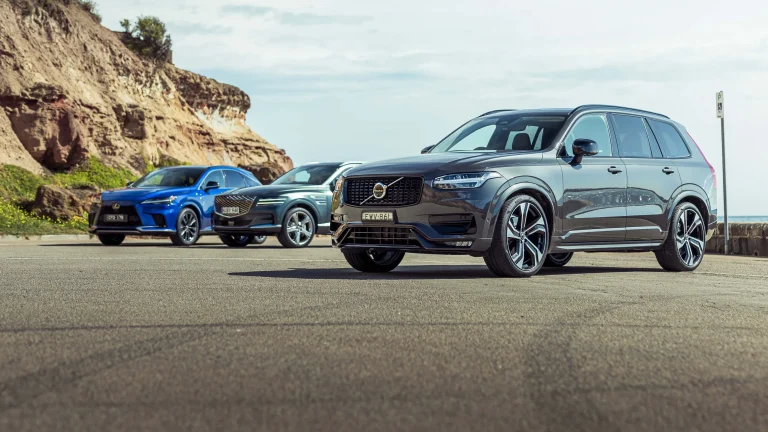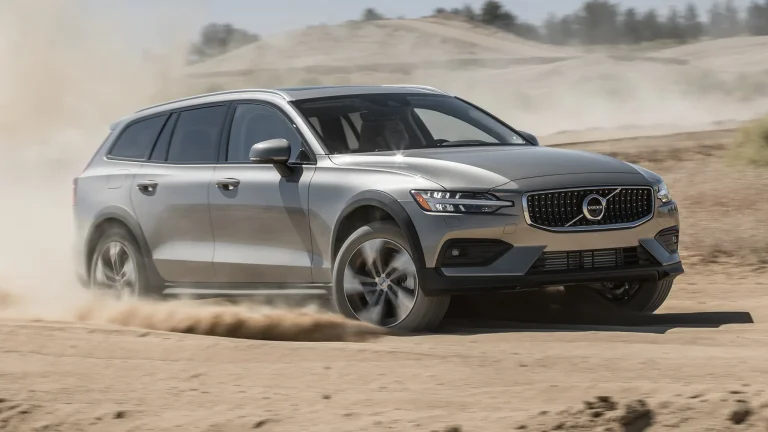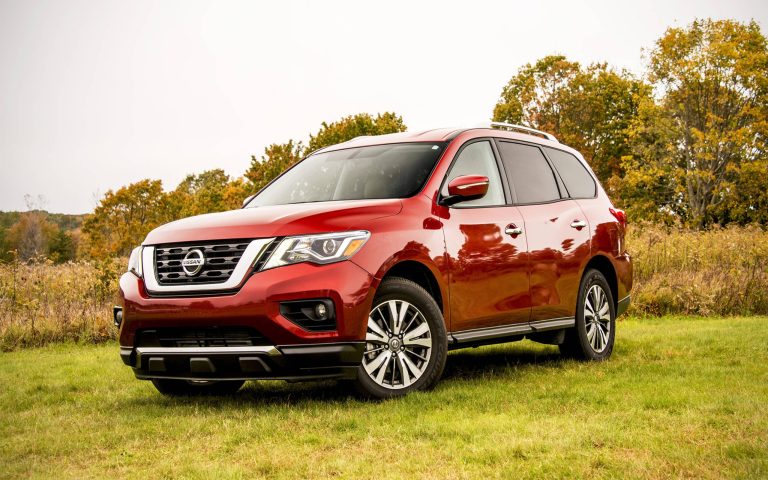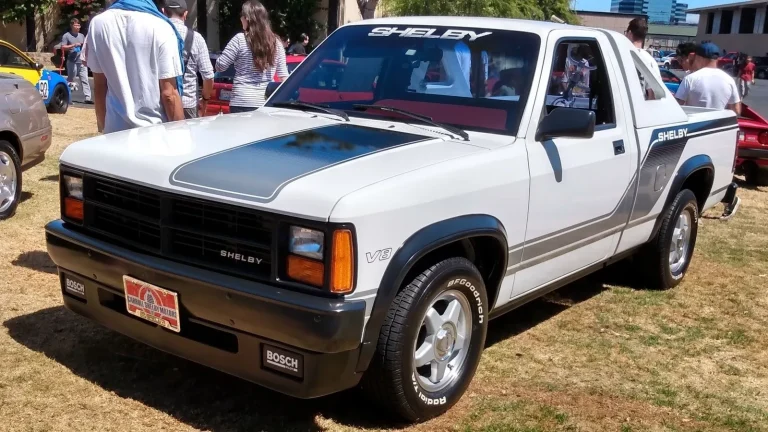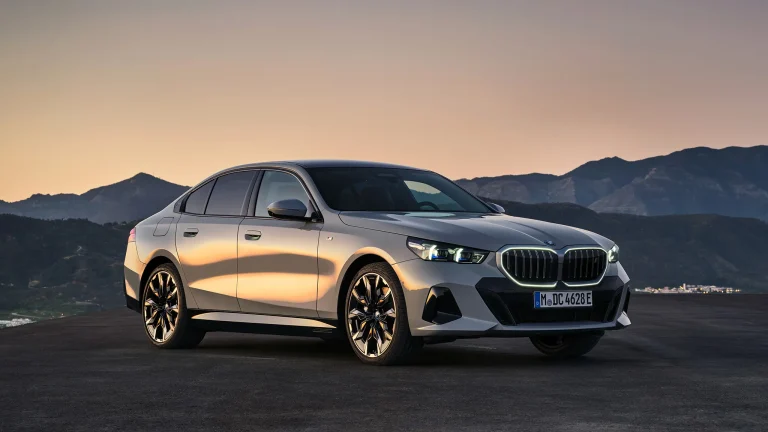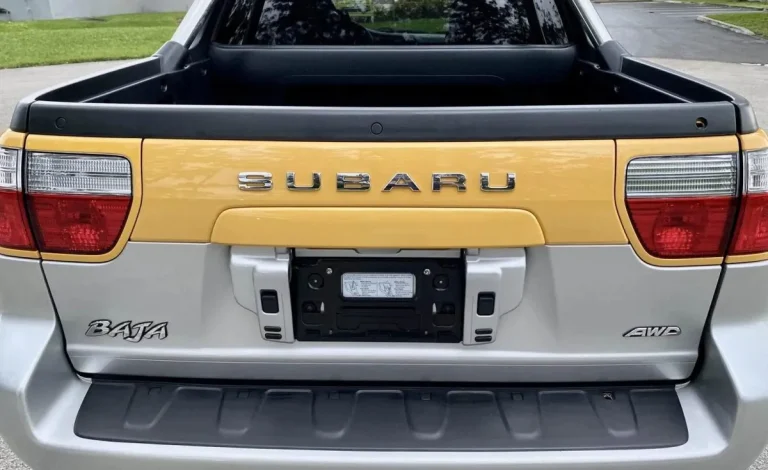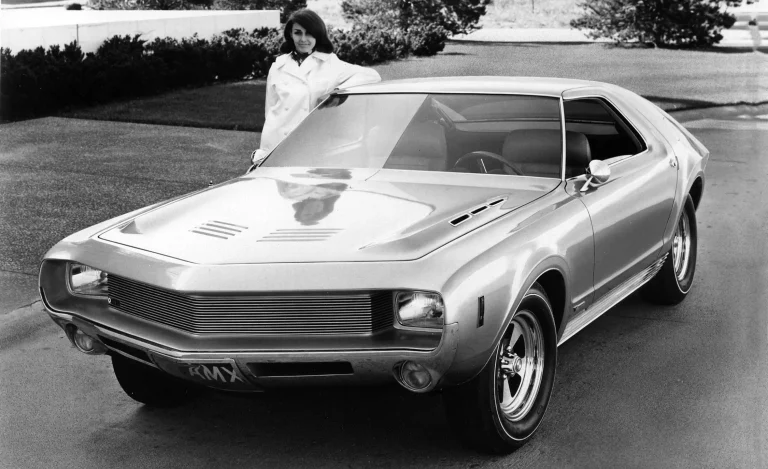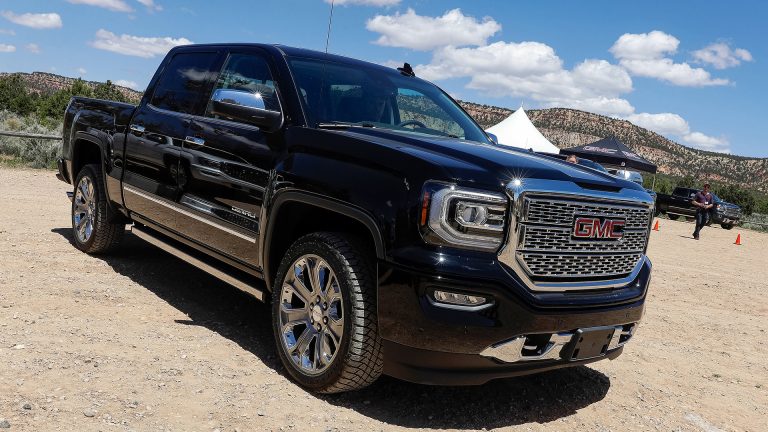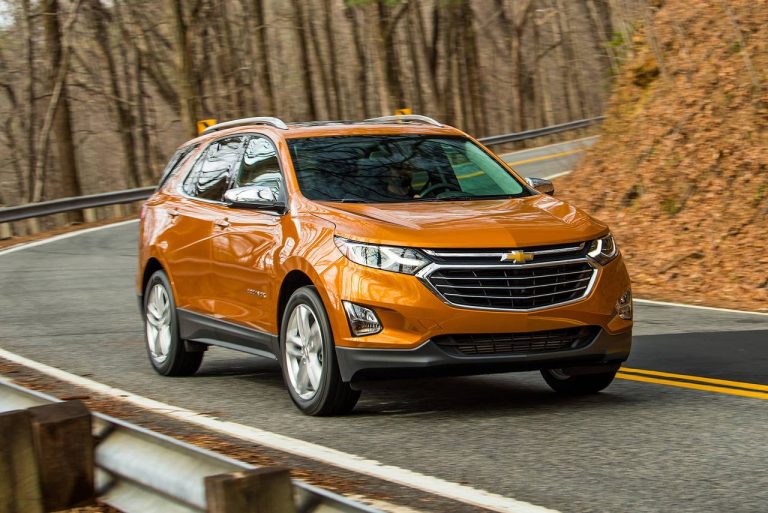The HEMI engine has earned a reputation for power, distinctive design, and the ability to handle heavy-duty applications, making it a favorite among muscle car enthusiasts, truck owners, and performance seekers. Its hemispherical combustion chamber…
11 Cars with the Lowest 10-Year Maintenance Costs in the U.S.
When it comes to buying a car, many people focus on upfront costs, performance, or style, often overlooking one of the most significant factors in long-term ownership: maintenance. Over a decade, even a car that…
5 Cars With Strong Transmissions vs 5 With Weak Ones
Transmission strength plays a crucial role in the reliability, longevity, and driving experience of any vehicle. While the engine is often seen as the heart of a car, the transmission serves as its nervous system,…
5 SUVs That Balance Utility & Style vs 5 That Fail at Both
The modern SUV market is a battlefield of design philosophies and engineering ambitions. Buyers expect versatility, comfort, performance, and aesthetic appeal all in a single package. For many, the SUV has become more than a…
5 Cars That Combine Comfort & Speed vs 5 That Fail at Both
Automobiles can be judged on a variety of attributes, but few qualities are as universally desirable as the combination of comfort and speed. Some vehicles manage to deliver both providing exhilarating performance without compromising ride…
5 Cars That Outsell Expectations vs 5 That Fail Quietly
Automotive success is measured in many ways, but sales figures provide the clearest reflection of a car’s impact. Some vehicles manage to surpass all expectations, connecting with buyers in ways that surprise even their manufacturers.…
5 Cars That Nail Minimalist Design vs 5 That Overdo It
Automotive design has evolved far beyond basic transportation. Today, cars reflect identity, taste, and intent. Among the many design philosophies, minimalism has become a quiet but powerful statement. It’s about clarity, proportion, and restraint removing…
10 Family Cars Under $12,000 That Won’t Need a Transmission
Finding a reliable family car on a budget can be a difficult task. The challenge grows when searching for a vehicle that is not only affordable but also unlikely to experience major mechanical issues, particularly…
5 Sedans That Stay Cheap To Own And 5 That Drain Your Wallet
Owning a car is one of the most significant financial commitments many people make, extending far beyond the initial purchase price. While the sticker cost of a vehicle is important, the long-term expenses associated with…
5 Cars That Never Need Costly Repairs vs 5 That Always Do
Ever had that sinking feeling when your mechanic calls with an estimate that costs more than your monthly rent? You know that moment when your stomach drops and you start questioning every life choice that…
12 Hatchbacks That Keep Parts Affordable Nationwide
When it comes to owning a car, affordability is a concern that extends far beyond the initial purchase price. Many drivers consider fuel efficiency and reliability, but the cost and availability of replacement parts can…
5 Cars That Are Great for Road Trips vs 5 That Make Them Miserable
Road trips have long been a symbol of freedom, adventure, and the joy of traveling on your own schedule. The open road, changing industry, and the sense of control over your journey make hitting the…
11 Chevy Models That Shine After 150,000 Miles
For many car owners, the mark of true quality is not just how a vehicle performs in its first few years but how it holds up after long-term use. Reliability, durability, and consistent performance often…
5 Cars That Offer Great Value vs 5 That Overpromise
Buying a car feels like gambling. Flashy advertisements promise luxury, performance, and reliability that seem almost too good to be true. They’re marketing miracles that fall apart the moment you drive them off the lot,…
11 Ram Trucks from the Years Owners Trust Most
Ram trucks have earned a reputation for strength, endurance, and loyalty among truck owners who rely on their vehicles for everything from daily commuting to demanding worksite tasks. Through decades of refinement, Ram has built…
5 Hybrids That Rarely Need Repairs vs 5 That Constantly Do
Hybrid vehicles promised us the best of both worlds: fuel efficiency that makes your wallet smile and environmental consciousness that lets you sleep at night. But here’s what the glossy brochures don’t tell you: some…
5 SUVs With Toughest Builds vs 5 That Feel Fragile
Closing a car door tells you everything about build quality. Some SUVs slam shut with satisfying thuds that announce substance and solidity. Others rattle and flex, their hollow sounds revealing flimsy construction that makes you…
5 SUVs With Excellent Resale Value vs 5 That Crash Fast
Buying an SUV feels like a smart investment until you try to sell it three years later and discover it’s worth half what you paid. That sinking feeling in your stomach when the dealer offers…
12 SUVs That Stay Quiet Even After 10 Years
When shopping for an SUV, most buyers focus on style, power, or technology, but one quality often overlooked is long-term quietness. A vehicle that remains serene inside even after a decade of driving offers unmatched…
5 Trucks From the 80s That Outlast Modern Ones vs 5 That Don’t
Modern trucks promise cutting-edge technology, fuel efficiency, and comfort that older vehicles can’t match. Yet drive through any working neighbourhood or rural area, and you’ll spot plenty of 1980s pickups still earning their keep daily.…
5 Sedans That Still Turn Heads vs 5 That Blend In
Some sedans command attention effortlessly, making pedestrians stop and stare as they glide past. They disappear into traffic like ghosts, so anonymous that even their owners struggle to locate them in crowded parking lots. This…
5 Trucks That Outsold Expectations vs 5 That Flopped
You know that feeling when everyone says something won’t work, but then it becomes the biggest success story anyone could imagine? That’s what happens when truck manufacturers get everything right and create vehicles that buyers…
5 Classic Muscle Cars That Are Still Affordable vs 5 That Lost Their Edge
Muscle cars represent pure American automotive passion, but not all of them handle the test of time equally. Some models become increasingly desirable with each passing year, appreciating while earning legendary status among enthusiasts. Others?…
10 Trucks That Are Shockingly Easy to Maintain
Owning a pickup truck is about more than power or off-road performance. For many drivers, reliability and low maintenance costs matter just as much as towing capacity or horsepower. In a time when newer trucks…
5 Chevys That Are Worth Every Penny vs 5 That Aren’t
Chevrolet has long been synonymous with American automotive culture, offering vehicles that range from dependable workhorses to high-performance icons. The brand has produced models that are praised for their longevity, driving dynamics, and innovative features.…


